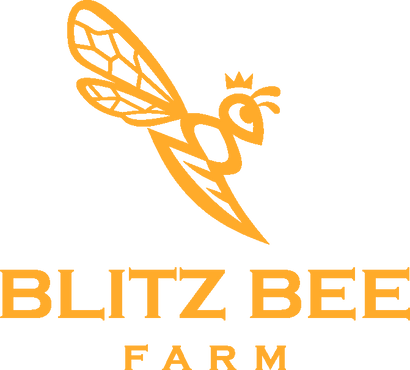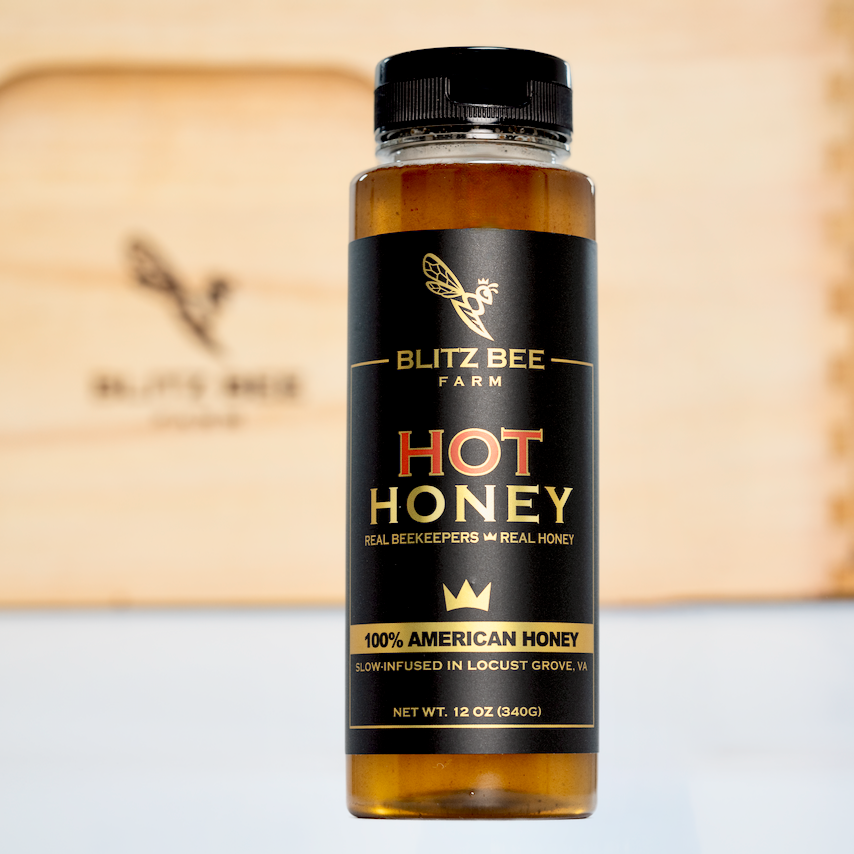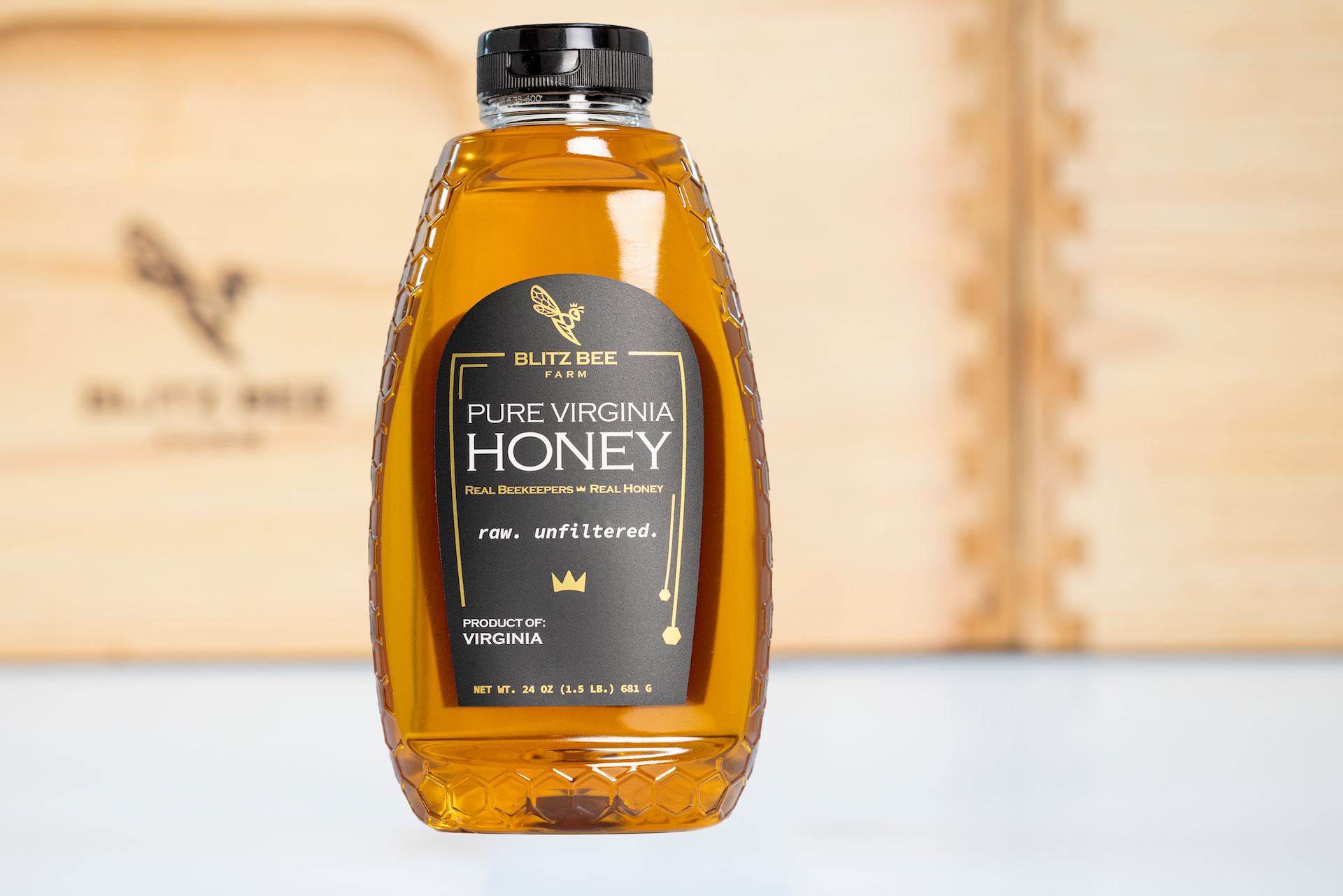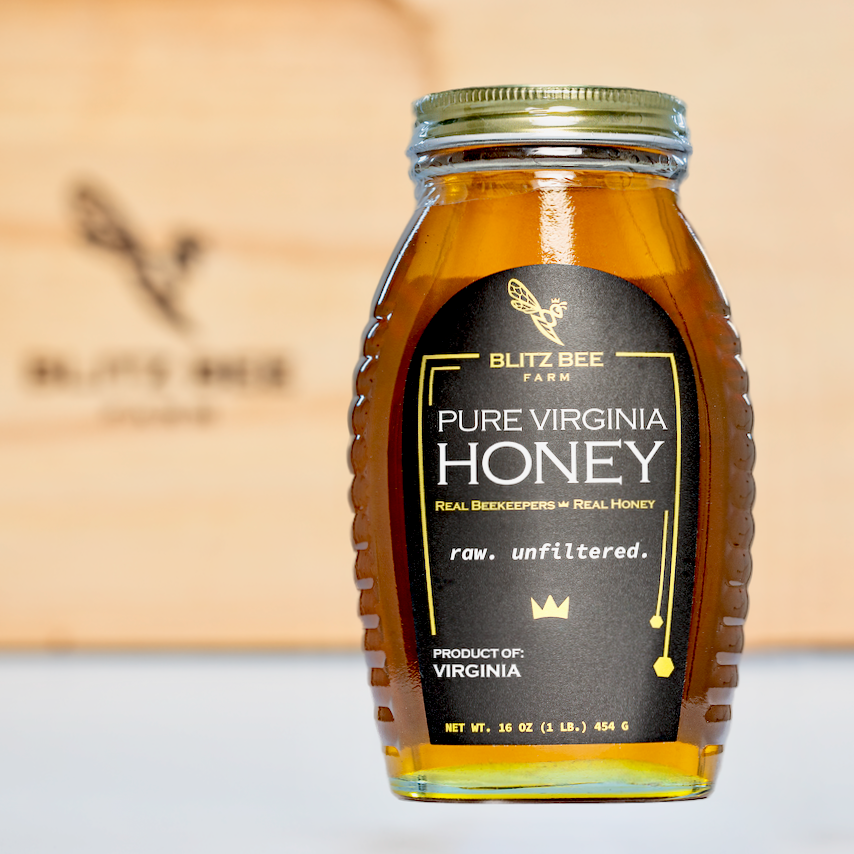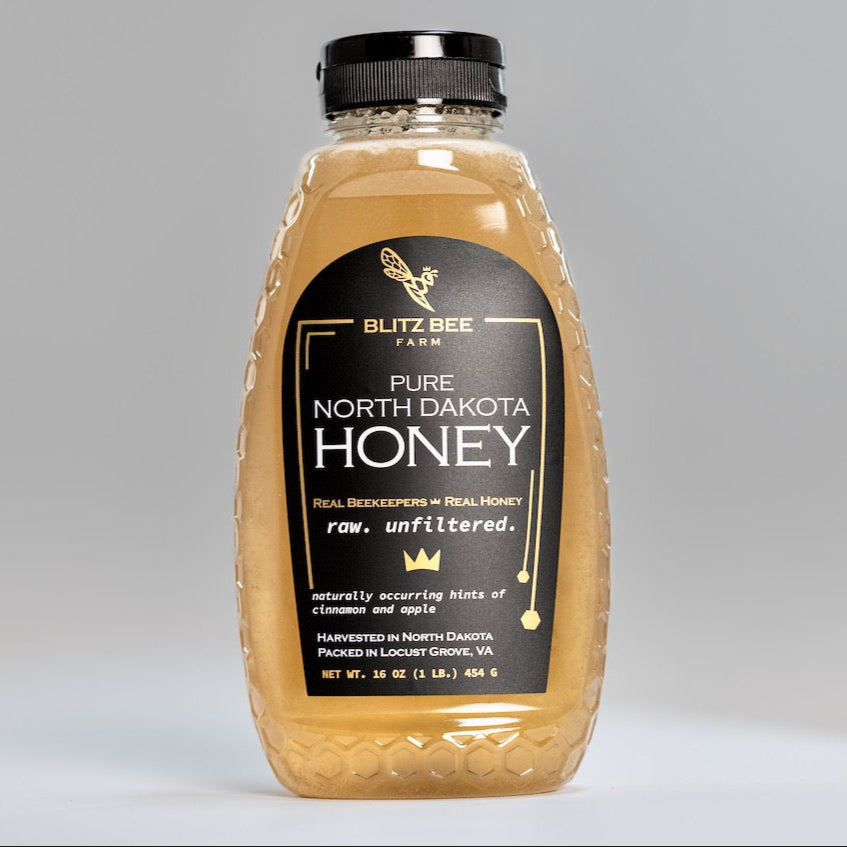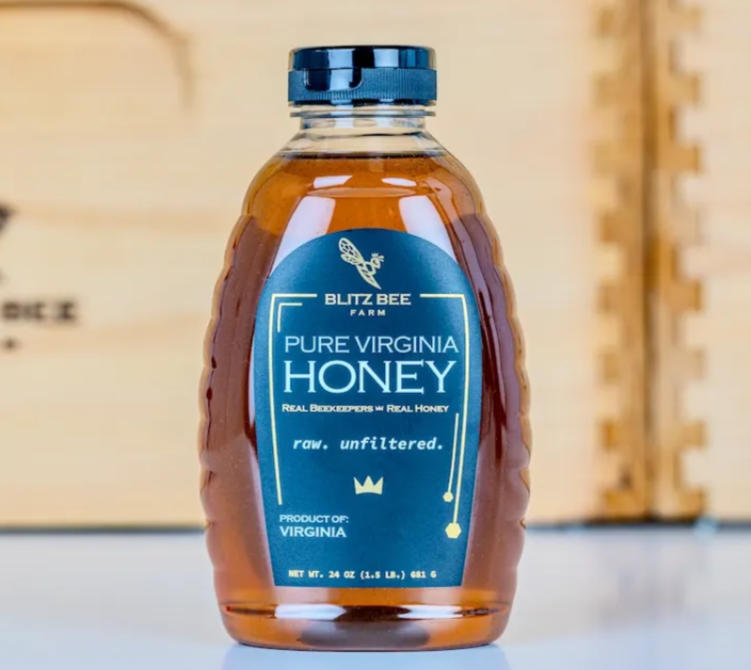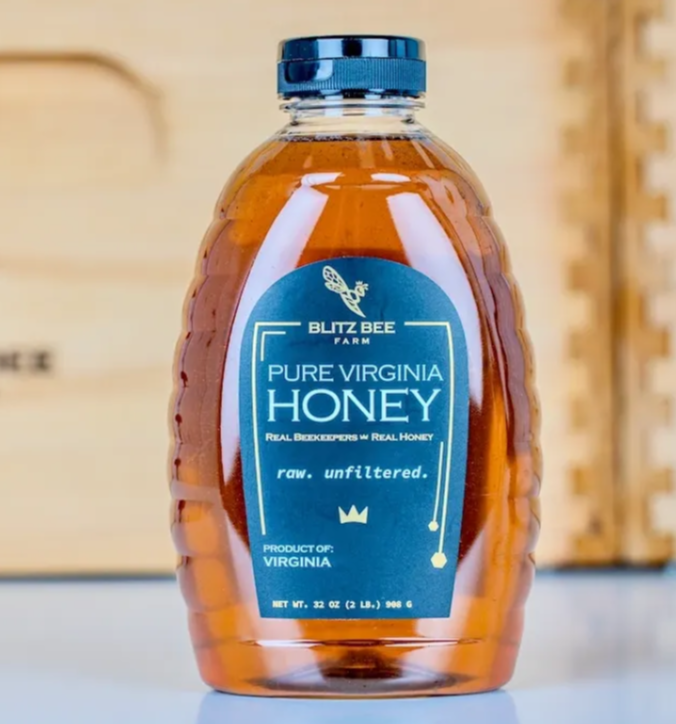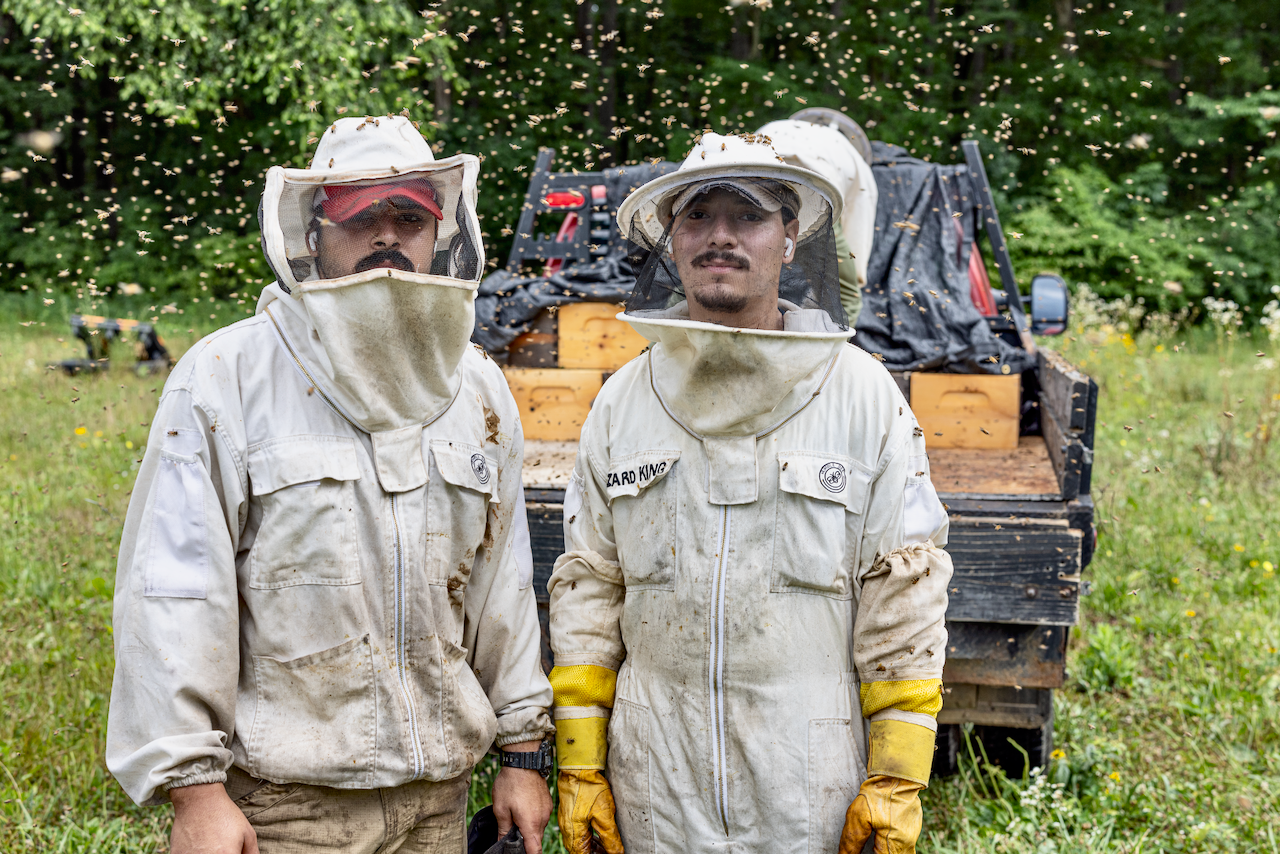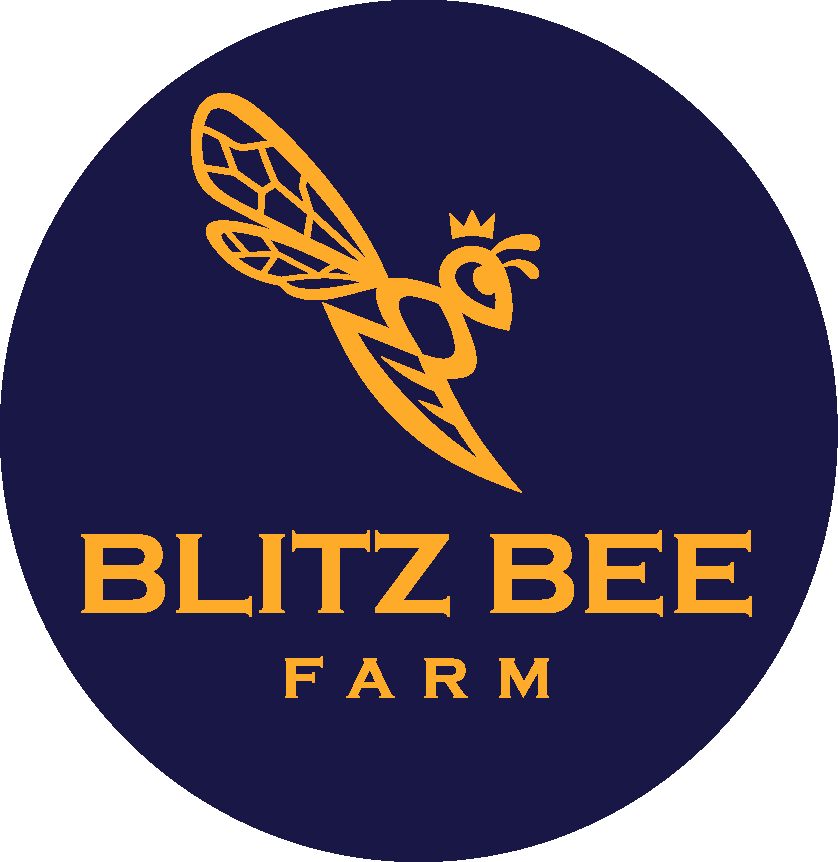FAQ
In Store Pick Up
I'm local. How can I pick up my order at the farm?
We have a very convenient pickup option for our local customers! Select "Pickup in store" when you're checking out and you will receive instructions on how to pickup your order. If you have any more questions please send us a text at 540 308 6162. You can call us too but it's often easier for us to get back to you promptly with a text. We're often in areas with bad cell reception!
Shipping
We ship to the lower 48 states.
When will my order be shipped?
We ship orders Monday through Friday and sometimes on Saturday. If you order early in the day we will often be able to ship that same business day. Orders placed later in the day will typically be shipped the next business day. We're a small business and will most likely not ship orders on the day of major holidays such as Thanksgiving, Christmas, and Easter. If there are any issues with fulfilling your order we will let you know!
Do you ship overseas?
Sorry! We do not currently ship overseas.
Crystallized Honey
Crystallization occurs naturally in honey and does not mean it has gone bad!
What's the deal with crystallized honey?
Crystallized honey has NOT gone bad. It simply needs to be gently warmed to reach a free flowing liquid state again.
Crystallization essentially does not occur over 77° F or below 41° F. Honey will crystallize most readily around 55° F.
Some honey will crystalize very quickly and some will take years. Some honey will get very hard and some will crystallize to a soft and creamy consistency. It all depends on the natural chemical makeup of a particular honey.
How can I decrystallize my honey?
You can set a jar in a warm bowl or sink full of water until the crystals melt. We recommend not exposing your honey to temperatures much above 100° F. Don’t microwave it! If you happen to have a very warm space, a bread proofer, etc. that can be set for around 90°, that would be ideal.
Testing Honey at Home
Buy honey from trusted sources. You can't realistically test for authenticity at home.
Is it true that you can tell when honey is pure by dropping a spoonful in water to see if it melts, trying to burn it, or some other do-it-yourself process?
NO! Even the most sophisticated tests such as nuclear magnetic resonance spectroscopy are not foolproof when it comes to detecting adulteration in honey. Take our word for it, at home testing methods are useless. This is why buying honey from trusted sources in the USA is so important.
Imported honey changes hands so many times in the importation process that there are ample opportunities and incentives for shady businesses to sell adulterated honey for higher profits.
They have minimal risk of being held responsible for such adulteration because they can blame it on the middlemen if they ever get caught!
Imported Honey
Honey is the third most adulterated food in the world behind olive oil and milk. If you're eating imported honey you're almost certainly eating artificially added sugar syrups as well.
Why should I avoid imported honey?
Over 70% of the honey consumed in the USA is imported. Much of that honey is cut with sophisticated sugar syrups and can pass incredibly vigorous testing protocols.
Mixing honey with cheap syrups is BIG business and generates hundreds of millions of dollars in profits every year. This seriously harms honest American honey producers who can't compete with the low prices of this fraudulent product. Many American beekeepers have gone out of business because they can't get a reasonable price for their honey.
Big honey packing companies know all of this, yet they continue to sell imported honey because they know they can get away with it. It's very profitable and they don't care that their products are GARBAGE and harm the American beekeeper.
Always look for the FINE PRINT on the labels and lids of jars at the grocery store!
Organic Honey
Many people are tricked into buying so-called organic honey. The USDA organic stamp on many labels in stores makes people believe they are buying an American product.
In almost every case "organic" honey is from overseas including countries infamous for honey adulteration such as India.
Is your honey organic?
No we are not certified organic for honey production and neither is anyone else in Virginia. Last we checked, there were only a handful of American organic honey producers and they are in isolated parts of Hawaii.
Many people (hobby beekeepers are the most guilty here!) don't understand what organic means in terms of honey.
Organic does NOT mean all natural, pure, high quality, or from treatment free bees.
In this context, organic means a product has met certain standards for organic production as set forth in the National Organic Program under USDA.
The tricky part about getting honey certified as organic is that a developed set of organic production standards for honey does not actually exist. Currently there are some recommendations that have not been codified.
Other challenges for organic honey production include the very nature of honey bees. They can forage over many square miles so it is difficult to control what they use to produce honey.
If you've been buying "organic" honey, we encourage you to take out your reading glasses and hunt for the very fine print on the labels and lids of your honey jars. You may be shocked to see where your honey is actually coming from!
Our Bees
We manage several hundred colonies in Virginia. Our numbers fluctuate and are a mix of honey producing colonies and nucs we use for queen rearing.
Where are your bee hives located?
We have hives on multiple bee yards throughout Orange County, Virginia.
What kind of bees do you have?
At this point our bees are mutts. We started with mostly Russian bees and a few Italian colonies.
Unlike with most livestock, it's very difficult to say exactly who is breeding with who when it comes to bees! The queens mate sometimes miles away from the hive with male bees from the surrounding area.
We select for traits such a productivity and mite/virus resistance. Some tools we use for this include mite washes and UBeeO testing.
Get in touch
Have questions about your order, or a general inquiry?
